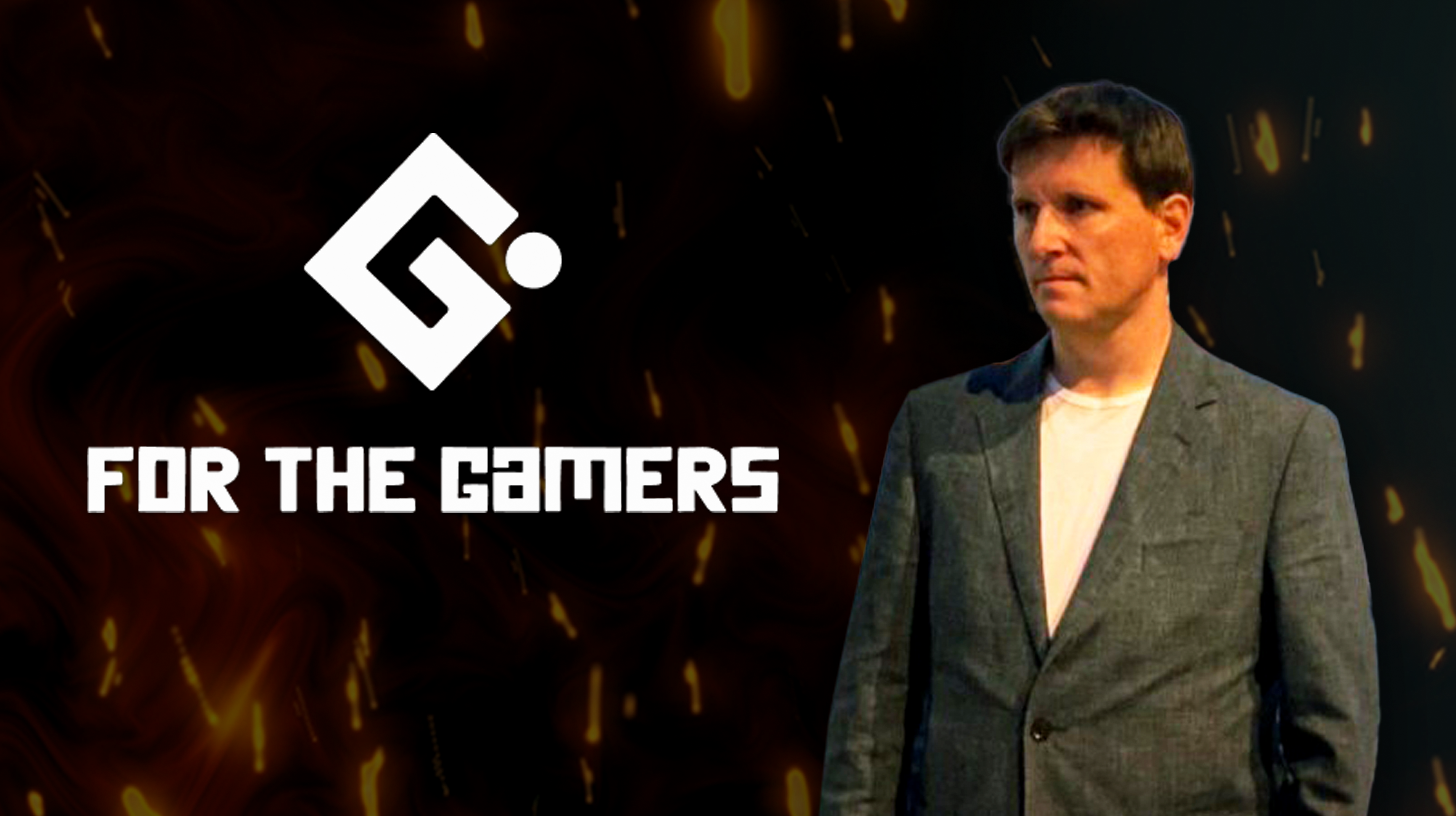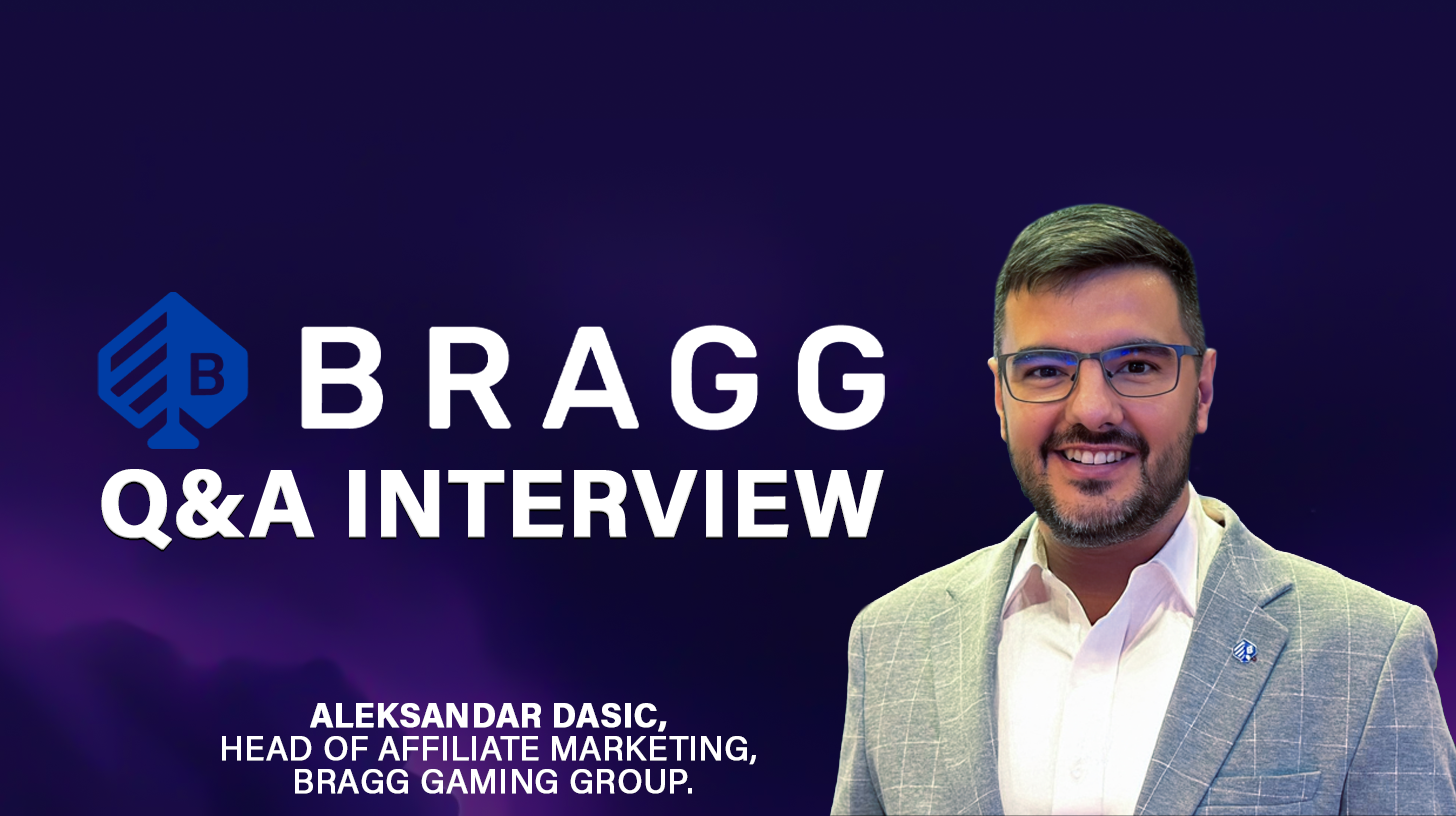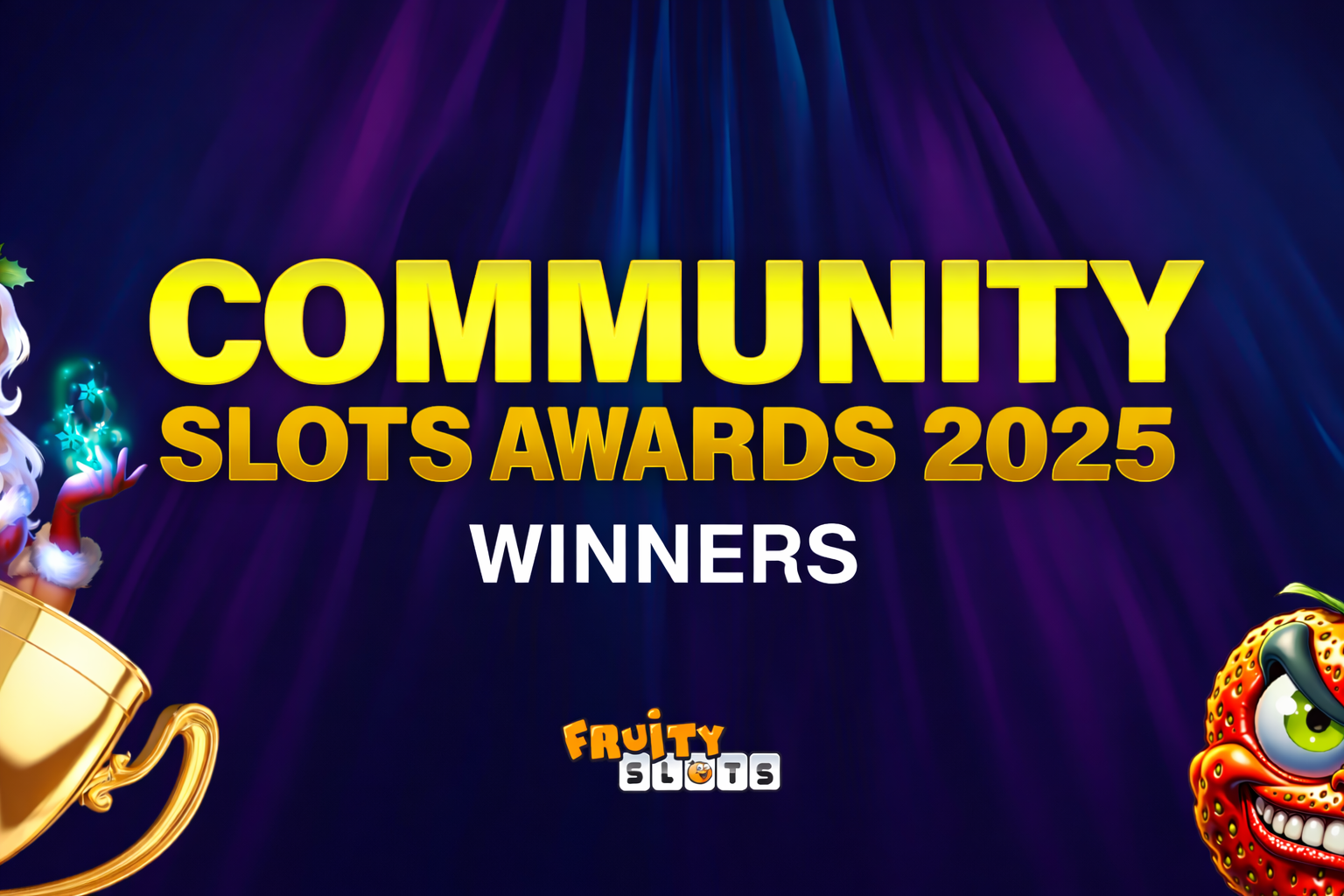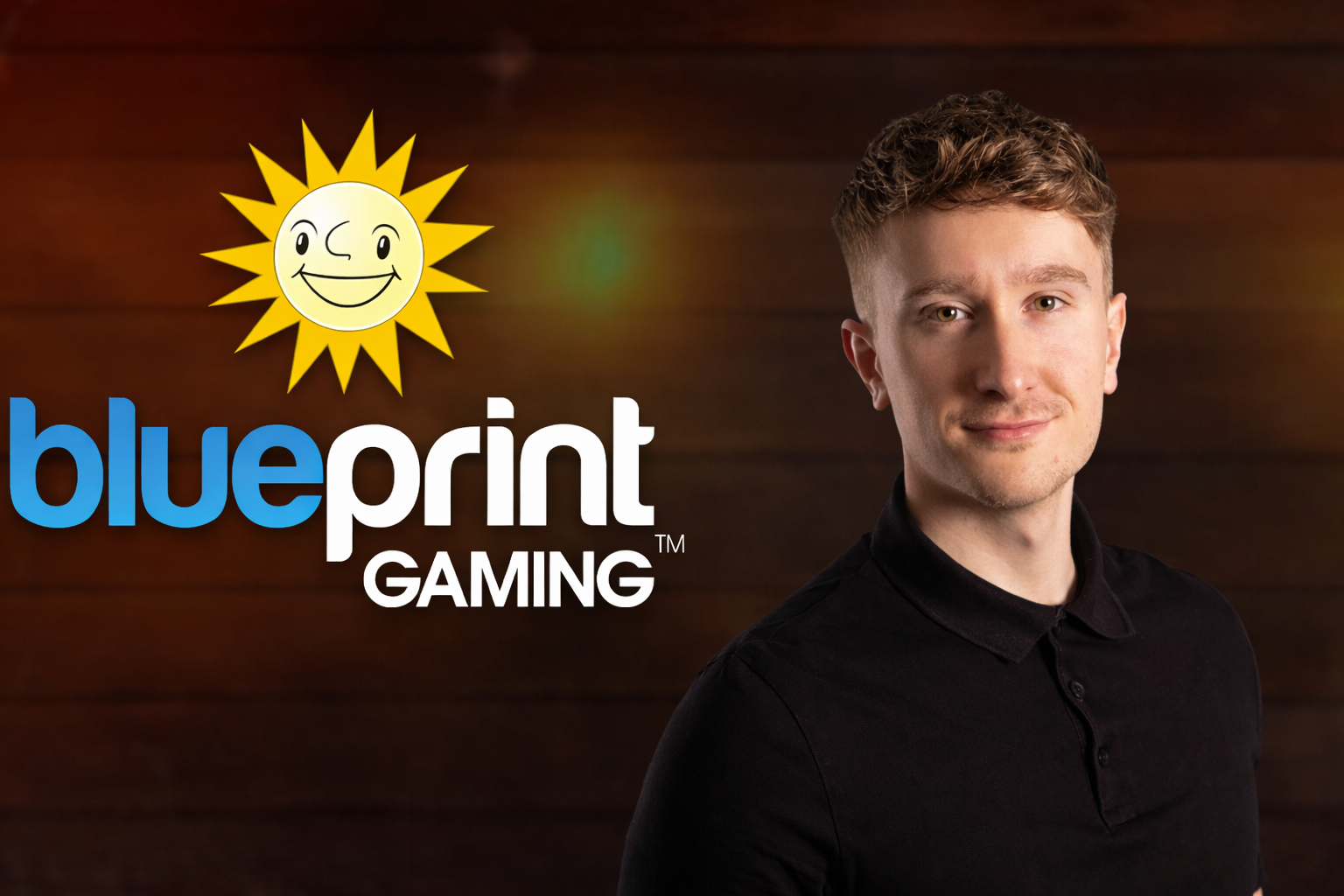Paul Dolman-Darrall Q&A
In many ways, few industries are as resistant to change as gambling. For decades, the fundamental mechanics of slots and casino games have remained largely untouched, even if they are dressed up with different themes, or presented in ways which make the mechanics seem innovative.
Yet every now and then, someone comes along with a vision bold enough to force the industry to take notice.
Paul Dolman-Darrall, CEO of G.Games, has spent years chasing a dream that many dismissed as impossible, or even unwanted; a truly compelling multiplayer gambling experience.
From his early days as a self-proclaimed gambling obsessive to navigating the complexities of product design and business strategy, his journey has been anything but conventional. He’s faced scepticism, near-misses, and the harsh reality of an industry often reluctant to evolve – but through it all, one principle has remained at the core of his work: “Make gambling games more fun.”
In this Q&A, we talk to Paul about his and his team’s journey so far, exploring some of this project’s toughest challenges and turning points.
Josh: Paul, your initial principle of “making gambling games more fun” led you to experiment outside of slots before realising their potential. Looking back, what were the biggest misconceptions you had about slots, and how did your perspective shift to not only understanding them but genuinely enjoying them?
Paul: I love gambling. Horses, football, poker, blackjack, stocks, spread betting, CFDs – you name it, I’ve probably tried it. But I also love winning. Slots always seemed like the only gambling product you couldn’t truly “win” at in a meaningful sense, and so I struggled to enjoy them.
I just didn’t get that they are a different proposition. One about embracing the volatility and enjoying the ride, a form of entertainment with a chance to unexpectedly hit something big, with large doses of anticipation. Not understanding this made me a weak product designer.
But I am a curious soul. They make a lot of money. And I wanted to understand that. And the only way to do that was to gamble lots and lots and lots.
Josh: Paul, you recognised that successfully executing multiplayer slots could be a game-changer. When you first set out to crack the challenge of multiplayer slots, what were the initial concepts or prototypes you explored? What did those early attempts teach you about the core difficulties of making a traditionally solo experience truly multiplayer?
Paul: Many of your readers probably don’t even know who we are. Our games aren’t famous, and there are now hundreds of studios out there. That’s exactly why we felt the need to do something fundamentally different if we were going to stand out, Think about how early arcade machines had “2-up” modes that basically just let two players take turns; it took nearly twenty years for Doom and Quake to usher in the true multiplayer revolution in video gaming. We saw a similar gap in slots: a long history of solo play, but very few genuine attempts at real-time, social interaction.
But here’s the wild part: despite all that ambition, we only had one initial concept, one slightly mad idea, and no Plan B if it failed.
I was on a plane flying back from Malta, armed with just a pencil and a notepad, wondering how to solve this problem. And it came to me during that flight, seemingly in just a couple of hours, but in truth, it was the product of six years spent wrestling with the problem, immersing myself in what makes slots tick, and figuring out how to fundamentally reshape that experience for multiple players.
Throughout the process, we clung to a very simple idea. First and foremost, it must still be a slot – in other words, it should be possible to adapt any existing slot into this new multiplayer format without losing the essence of what makes it engaging. We didn’t want to throw away the tried and true mechanics or create some entirely unrecognisable “hybrid” that would alienate slots players. Instead, we wanted to build on everything people already love about slots, then layer in the interactive elements we believed could truly transform the experience.
Josh: You’ve grappled with the industry’s cynicism that “players don’t want to think” while still believing there’s room for something deeper than mindless spins. How has this internal conflict influenced your approach to designing a multiplayer gambling experience, and has it led you to rethink what players truly want?
Paul: We are, in many ways, simple creatures. Slots aren’t just mindless spin, they tap into a fundamental need for relaxation, giving us a chance to unwind and escape. But that’s only part of the picture.
Take our collaborative instinct, for example: bringing people together around a shared goal or reward can turn what might otherwise be a solitary activity into something communal, just look at how successful the game “Crazy Time” has been on that front. You also can’t underestimate the thrill-seeking side of human nature. Some players crave the excitement of risk and the lure of big potential payouts, which is where studios like “Nolimit City” have truly excelled. Poker is perhaps the best illustration of mastery and achievement in a skill-based format, but it’s difficult to replicate that depth of strategy in a purely chance-driven game.
Right now, we as a slot studio are especially focused on the competitive streak many of us have, the part that loves to test ourselves against others. Over time, I’ve come to believe that the phrase “players don’t want to think” really translates to “players don’t want to be forced to think.” People are happy to learn new mechanics and explore deeper layers if it feels organic and actually makes the game more engaging, rather than just piling on complexity for its own sake.
Josh: You said in one of your LinkedIn posts that the pandemic stalled the process for your multiplayer initiative. How did the pause impact your thinking about the project? And did it lead to any new insights or shifts in direction when things slowly returned to normal?
Paul: It did stall the team in some ways. But for me, personally, it became an unexpected opportunity to dive deep into the enormous amount of detail needed for this project. Not just the product design, but the business side of it.
With so much time on my hands and with Amazon showing up at my door daily to offset the tedium of lockdown. I was able to methodically revisit every assumption we’d made. How will we promote this? What is key for gambling operators to get behind this? How do we make this something people want to spin for years not for a day? All those questions got the focused attention they deserved. By the time things started to return to normal, we had a more refined vision. That helped us have a clearer roadmap.
Josh: After the math model for your concept was validated as “near-perfect”, to quote yourself, the initial euphoria soon gave way to doubt and cynicism in some quarters, with people questioning its potential success. It’s clear that pursuing this vision involved both soaring highs and crushing lows. From a leadership perspective, how do you handle those moments when team morale dips and scepticism sets in?
Paul: The irony is that despite being labelled “near-perfect,” our initial math model ended up getting scrapped after we sank millions into it. So maybe those cynics had a point—at least, about that version. But from a leadership perspective, moments like these are bound to happen when you’re trying to do something truly revolutionary.
The reality is, at some point, those who didn’t believe in making the project work naturally gravitated away from it. It wasn’t a grand statement or a forced departure—just the organic process of people aligning (or not) with a high-risk, high-reward vision. It’s tough, but you need a core team who genuinely wants to see the idea through, especially when the stakes are this high.
In a way, that’s a necessary pruning: if someone’s heart isn’t in it, they won’t bring their best to the table. By contrast, those who stay are the ones most committed to learning from every misstep and adapting as we go.
Josh: You very nearly sold, deciding to shut down multiplayer to focus on projects that aligned with the visions of a potential buyer. How did the collapse of this deal fuel you to not only move onwards but to scrap the project thus far and rebuild from the ground up?
Paul: The truth is, the first version we built just wasn’t fun. I was being offered a life-changing payout, millions on the table, but to get it, I would have to shelve multiplayer and focus instead on designing lottery games. Then, after months of due diligence, the deal suddenly fell apart. And here’s the surprising part: I was relieved. Yes, I was poorer, but I finally had a clean slate to do what I actually believed in. In a way, losing the deal was liberating—it was a chance to walk away from a half-baked product I didn’t love and rebuild a multiplayer slot experience that would truly captivate players.
Josh: Given the time, money, blood, sweat and tears that went into the project, was the decision to start again bittersweet? Or was a clearer perspective on what’s important refreshing?
Paul: Not at all, it was amazing. In fact, those next twelve months were probably the best of my entire working career. Once we decided to start fresh, all the baggage and compromises we’d been carrying just fell away. It was like a massive weight had been lifted, and we could finally focus on building exactly what we believed in, rather than forcing ourselves to make something that wasn’t true to our vision. Sometimes, letting go of the old is the only way to see with clear eyes—and for us, it opened the door to more creativity, better decision-making, and a renewed sense of energy that just wasn’t there before.
Josh: A small team, Chris, Mandy, Ollie, and Nate, were tasked with building a prototype for a slot game unlike anything else on the market. With no blueprint to follow, how did they approach user testing to gather feedback and refine the concept so it resonated with real players?
Paul: Our mantra was “let players play, let designers design.” Every day, we handed over the latest build to real users, observed what they liked or disliked, and paid attention to what they understood or found confusing. We didn’t rely on players to design the game for us but rather to show us where we were missing the mark. It was a constant cycle of listening, iterating, and re-testing, on a daily basis. This rapid feedback loop was crucial because we had no established blueprint to follow; we had to forge our own path while making sure the experience resonated with actual players every step of the way.
Josh: Video games are arguably the most popular form of entertainment in the modern world. The solo experience is huge, local multiplayer is popular, MMOs and Multiplayer games are booming. What do you think is the hardest part to crack about a multiplayer experience for online gambling?
Paul: The hardest part is keeping it a slot. By that, I mean ensuring that every single spin still offers the chance to win, and that the math aligns perfectly so players get the correct RTP no matter how they’re staking or how frequently they’re spinning. At the same time, you have to give them a real reason to engage with each other, a multiplayer element that actually elevates the slot experience instead of distracting from it. That balance between preserving the core thrill of a single spin and weaving in shared excitement is where the real challenge lies. It has to be quite hard because nobody has cracked that yet.
Josh: If you had but a few words to summarise your journey so far, what would they be?
Paul: Long, winding and worth every stumble.














